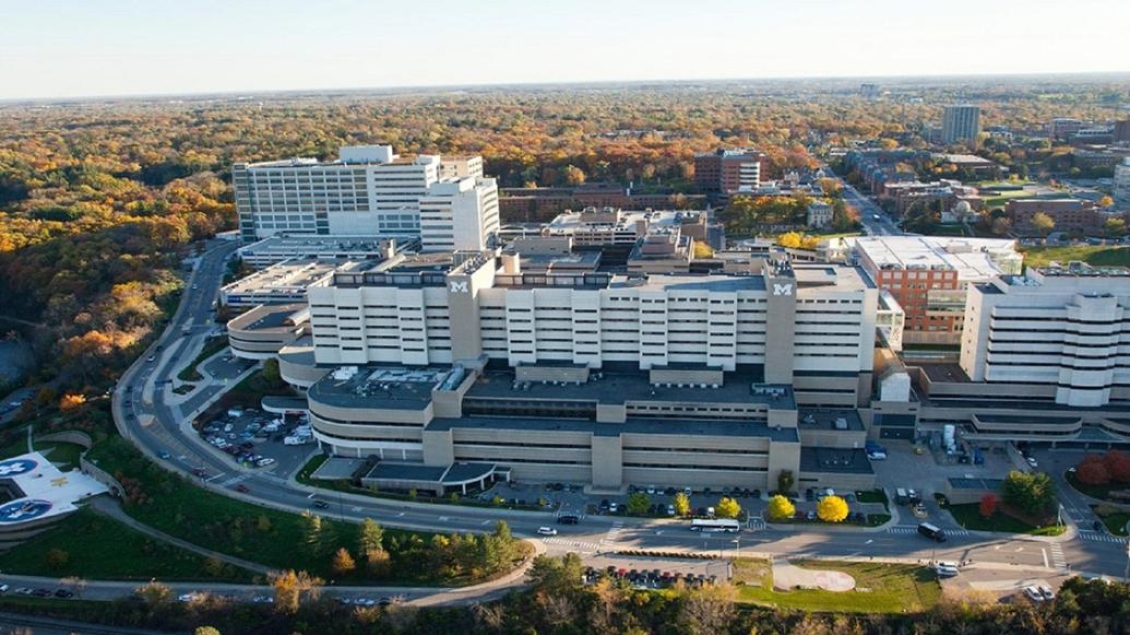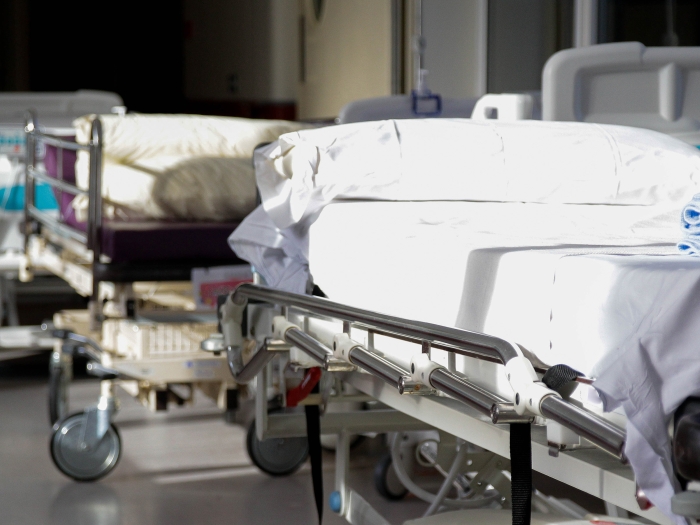-
Allergy & Clinical Immunology -
Cardiovascular Medicine -
Gastroenterology & Hepatology -
General Medicine -
Genetic Medicine -
Geriatric & Palliative Medicine -
Hematology & Oncology -
Hospital Medicine -
Infectious Diseases -
Metabolism, Endocrinology & Diabetes -
Nephrology -
Pulmonary & Critical Care Medicine -
Rheumatology

Our Divisions
Working together to create a true impact nationally and globally.
The U-M Department of Internal Medicine is comprised of 13 divisions with nearly 2,500 faculty, staff and trainees spread across numerous campuses, clinics, facilities and centers at Michigan Medicine and throughout the state of Michigan. Our faculty, staff and trainees excel as clinicians, researchers, educators, leaders and mentors, all working together to advance patient care, education and research that has a lasting impact regionally, internationally and globally.
Expand your career trajectory in a high-volume academic medical center that also supports and excels in a wide range of basic science, translational and clinical research programs.





